That was the question The Times posed a few weekends ago. Journalist Rachel Carlyle interviewed Noel Janis-Norton, who has over 40 years experience of working with children, she believes that, “most children nowadays are addicted to all kinds of screens – tablets, computers, phones and TV’s”* Interestingly the BBC reported last year that according to market research firm Childwise, children aged 5-16 spend an average of six and a half hours a day in front of a screen, compared with approximately three hours in 1995. I like to think my 20 month old daughter, Daisy, doesn’t have any screen time, for despite my best efforts (!) she can’t sit still long enough to watch CBeebies. Yet, though she cannot speak, she can already play on an iPad, switch on the TV and has her own (very old, broken) iPhone to keep her happy. If we remove the phone a tantrum erupts. For the reality is, fiddling with your phone has become a default activity.
Amanda Bucknall had a similar but more exaggerated experience due to the age of her child. She recalls I “hate[d] the effect screen time had on my son Harry who was 7. I found it impossible to keep track of the time he spent watching TV or playing on the i-Pad. When I tried to get him away from the screen he would erupt with temper tantrums and meltdowns. The screen time battle would begin!” She searched for a tool or product to help with this problem, but drew a blank. So working with Harry she designed her very own solution, Time Tokens was born.
So how does Time Tokens work?
- Parents set a weekly screen-time time allowance
- Children sign a Time Token promise contract
- When they want screen-time, they hand in a Time Token and start their timer
- When the alarm sounds – time up!
- When their Time Tokens are all used, no more screen-time till the next week
- Children are rewarded every week with a special GOLDEN TICKET which allows them to choose an ING activity to do with friends or family. Maybe making dinner together, bike riding or playing a family board game.
My nephew Issac is 7 and my sister, Jeanette, has been known to battle with him over this issue. When Amanda approached me to trial her product, I suggested that Isaac might benefit, here’s how they got on:
How much screen time did you allow? I gave him 3 and a half hours for the week, basing it on an average of 30 minutes per day. We had a great chat at the beginning about how he could choose how to use his tokens, e.g. he likes to snuggle on the sofa on a Friday evening and watch more than usual, so I explained he might need to not have any screen time another day. This was something I really liked, it got him really thinking about what to use the tokens for. Did he really want to spend his precious screen time finding things on you tube, or did he want to save his tokens and watch a film on Saturday?
Did it make you think about screen time differently? It got us thinking as parents about what to count as screen time, e.g. does using the computer to complete homework count? We decided it didn’t.
What was your ING activity? Face painting, which he really enjoyed.
Any surprises? I found the tokens more useful than I predicted. They gave us something very concrete to base discussions about screen time on, and helped him to plan how to use it. He decided to use a chunk of tokens to watch cartoons on Sunday morning so we even got a small lie in out of it!
Was it a success? My initial impression was that it would be like a star chart, which tend to work for a few days and then they get bored. But the following week Isaac asked me when he was getting his Time Tokens? So yes, I guess, it did.
Noel Janis-Norton believes becoming addicted to screens is not a child’s fault and that it’s our responsibility as parents to help them with this. She says, “Screens are designed to be mesmerizing and to affect the brain so they want more. I think parents know it’s wrong but they hear people say. ‘that’s just the way life is now; we have to accept it’ and they feel powerless. But that’s not true: parents can – and should – get back in charge.”* The challenge has been set! Maybe Time Tokens will help us with this.
To buy Time Tokens please visit www.timetokens.com there is a special Easter offer £10.95 per pack, instead of £14.95.
A Time Tokens set was gifted to n4mummy, but all views are my own.
*Quotes from The Times Weekend – Saturday February 27th 2016 article by Rachel Carlyle

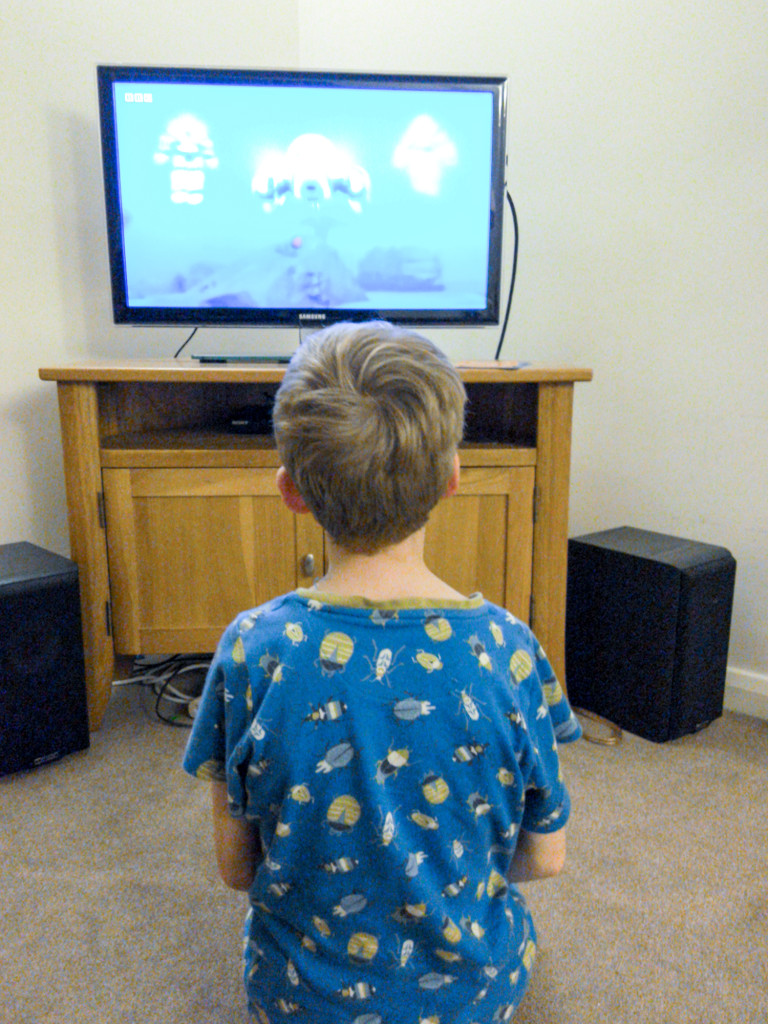
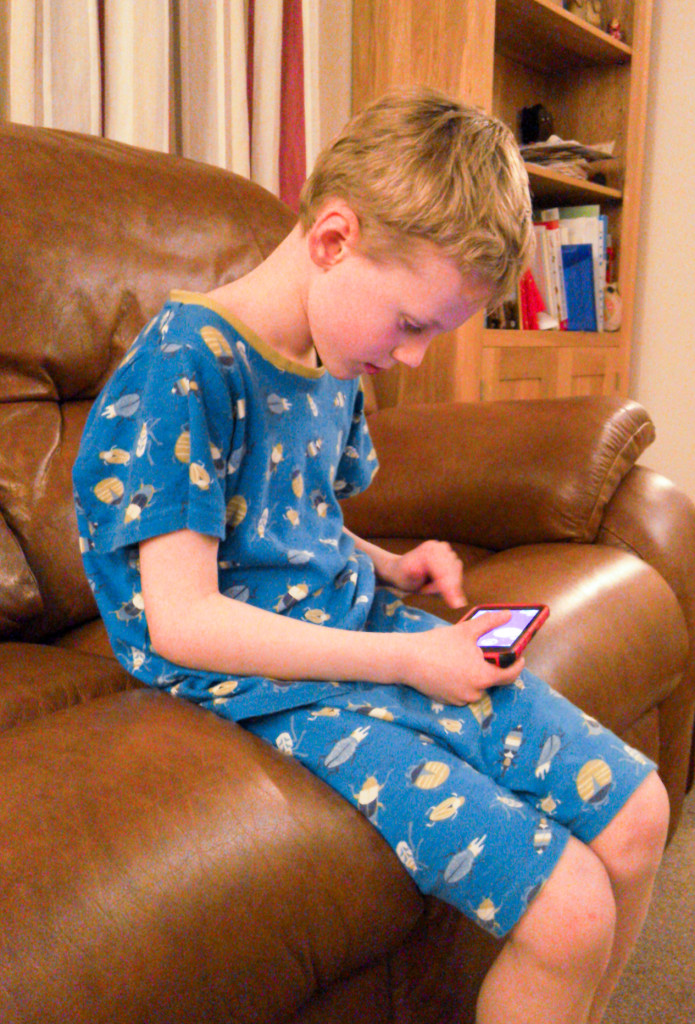
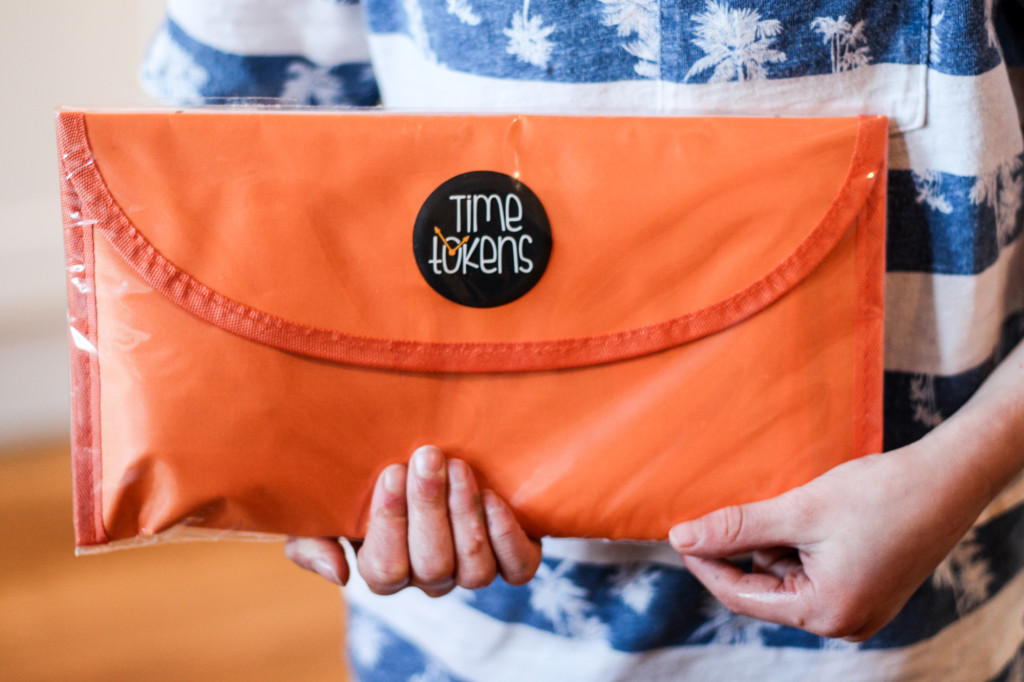
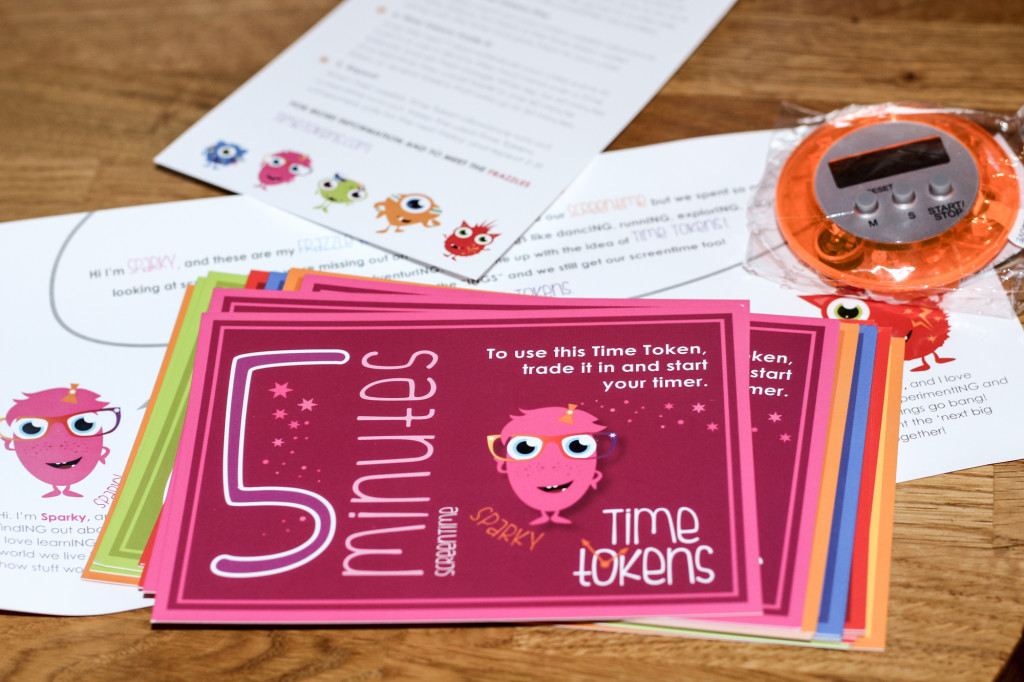
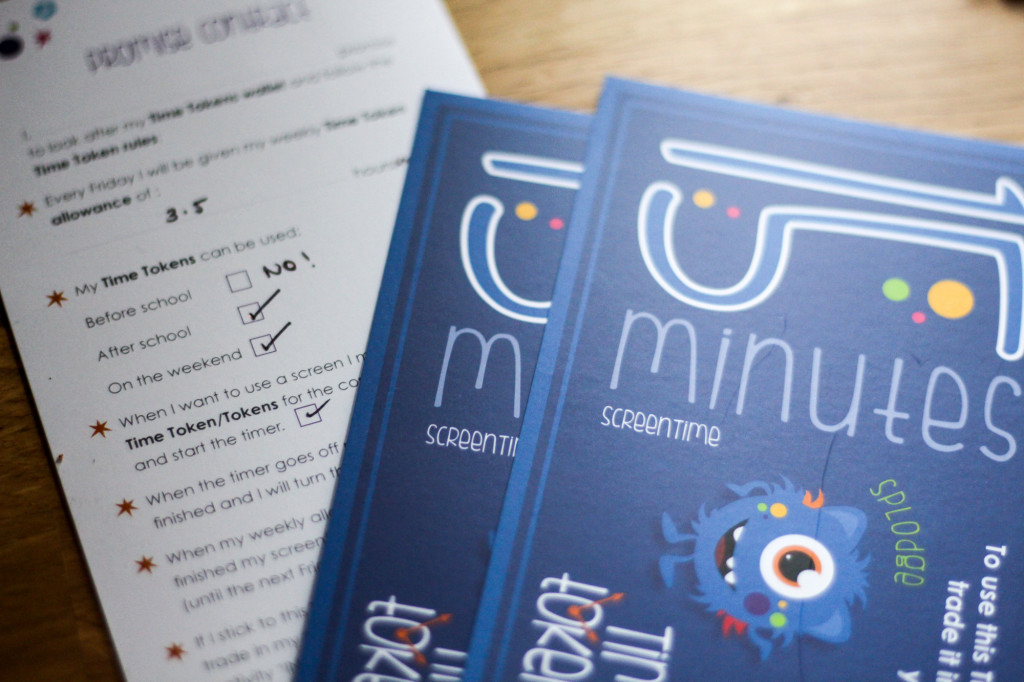
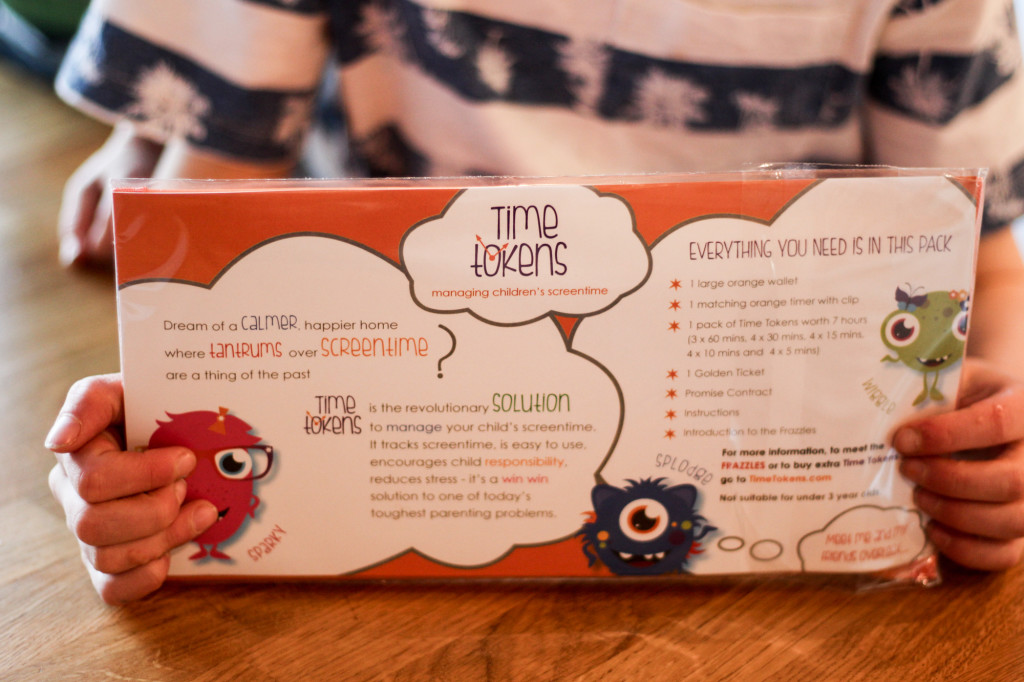
Sounds a great idea.